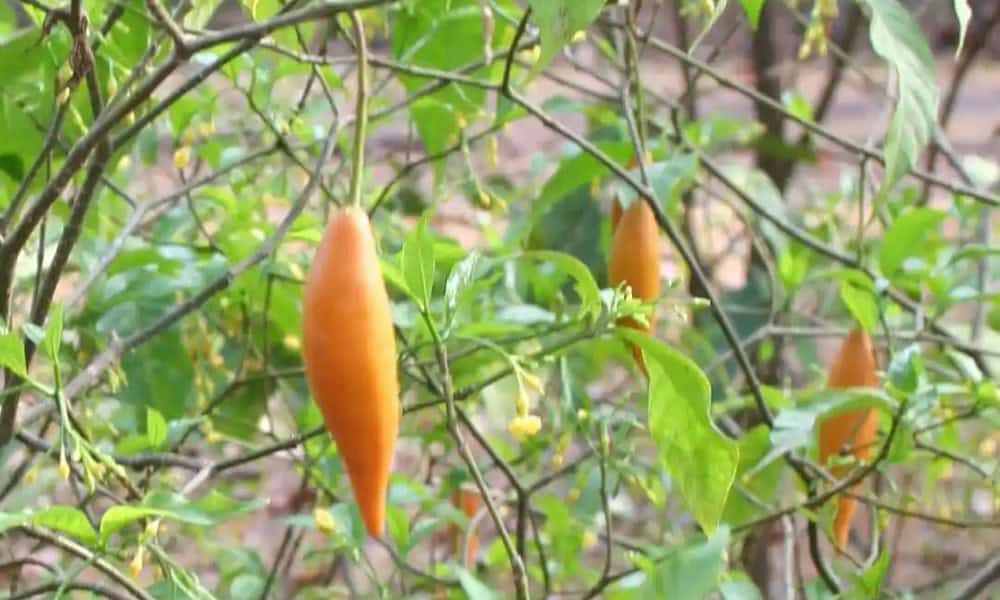Costa Rica is a destination sought after by many people for alternative therapies with ibogaine, a natural psychoactive substance that is used in an unauthorized way as a therapy to treat addictions and mental illnesses. While the use of the Iboga plant itself is not strictly prohibited in Costa Rica, ibogaine, the psychoactive substance derived from the plant, is not registered as a medicine with the Ministry of Health. As a result, its use is not authorized.
The New York Times reported in March 2024 that ibogaine relieves the painful symptoms of opioid withdrawal and appears to reduce drug cravings. It is thought to promote the creation of new neurons and neuroplasticity.
This is not a drug used for clubbing or recreationally. The consumption of doses generates effects for periods of up to 24 hours, which can turn into very exhausting sessions. This alkaloid, found in the root bark of the Iboga shrub native to West Africa, possesses potent hallucinogenic properties. For centuries, it has played a central role in religious ceremonies, particularly in rituals aimed at achieving spiritual enlightenment.
In Costa Rica, there are several centers that offer wellness retreats and spiritual awakening using this drug. It is estimated that a single session can cost between $5,000 and $15,000, and they’re usually attended by Europeans and U.S. citizens.
At the beginning of August, the Judicial Investigation Agency (OIJ) of Nicoya opened an investigation into the death of a woman from the U.S. at an establishment where these so-called ibogaine therapies are apparently offered.
In 2015, the Ministry of Health issued warnings about the consumption of this substance. According to the Ministry, its consumption was taking place in a center located in Hacienda Pinilla, Guanacaste.
At the time, this newspaper reported that Keeping Up With the Kardashians’ Scott Disick had checked into the Rythmia Life Advancement Center in Hacienda Pinilla, Guanacaste, to try to conquer his alcoholism with shaman-guided trips using iboga. The Rythmia Life Advancement Center claimed that iboga is an effective alternative to treat a bevy of drug-related dependencies, from alcohol to crystal meth, as well as non-drug-related struggles like post-traumatic stress disorder, sex addiction, and hepatitis C.
In 2014, a 42-year-old woman from Norway traveled to Costa Rica seeking a controversial addiction treatment but tragically suffered a fatal heart attack after ingesting ibogaine. Although her death occurred in 2014, forensic officials only recently confirmed the cause. The Iboga House Center, where the woman underwent the therapy, stopped running following this tragic death.
Nonetheless, many centers continue to operate in the country and offer this type of treatment. Authorities strongly caution foreigners about the serious risks associated with consuming unregulated substances and undergoing treatments that have not been scientifically validated or approved by medical authorities.






